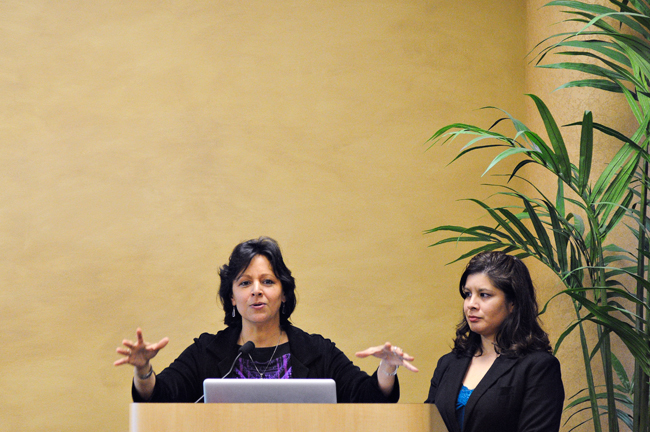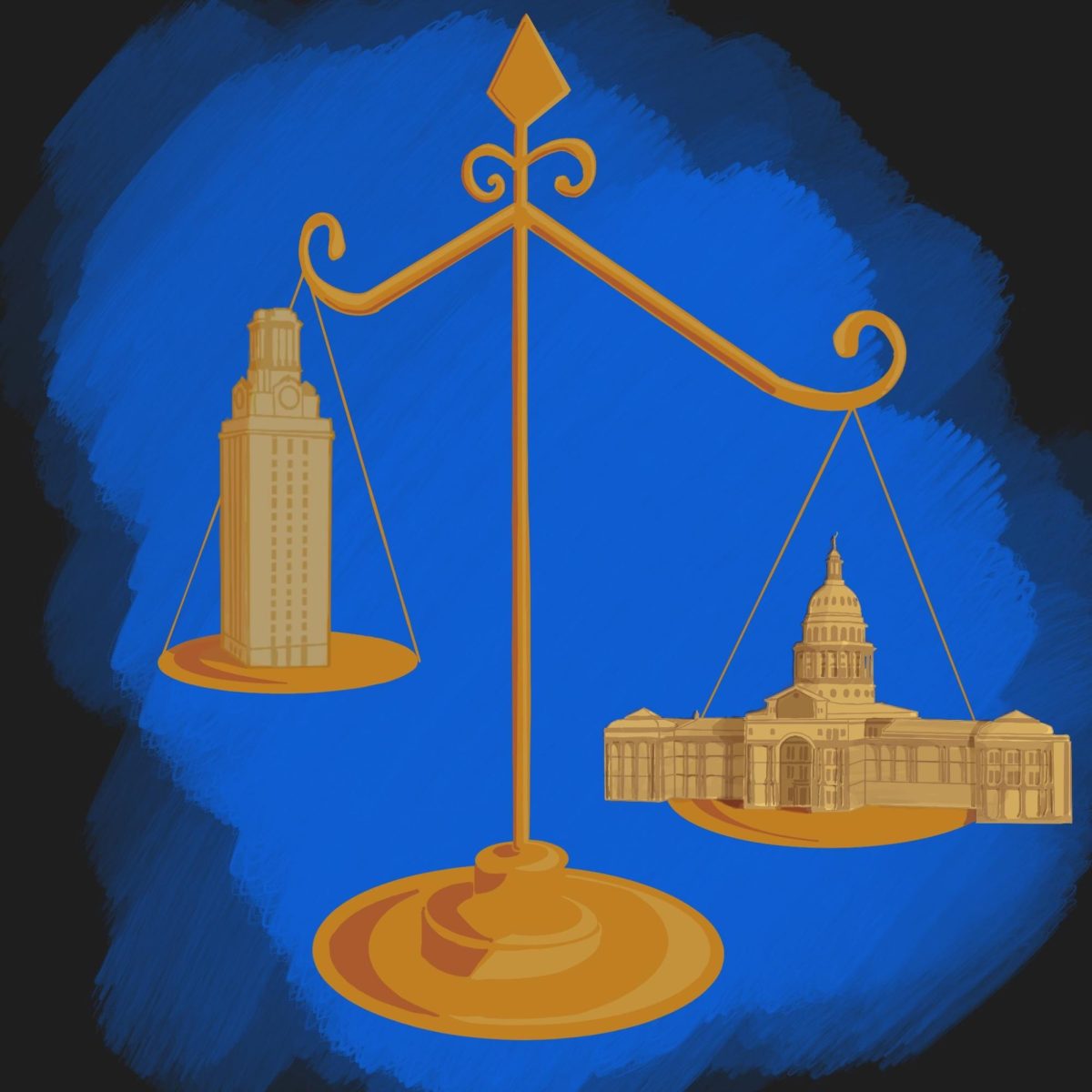New standardized testing replacing the state-mandated TAKS test is raising concerns among the academic community.
Representatives from various areas of academia gathered on campus Thursday to discuss the implications of the new State of Texas Assessments of Academic Readiness, or STAAR, that students in grades three through 12 will begin taking this month.
The Texas Education Agency is replacing the grade-specific Texas Assessment of Knowledge and Skills with STAAR, the latest standardized test implemented by the Texas legislature in 2007.
Angela Valenzuela, education professor and director of the Texas Center for Education Policy, presented her research on the effects STAAR will have on students. Valenzuela said the new assessment’s intentions of testing students based on college readiness will lead to an increased number of students “lost down the pipeline.”
“The STAAR requirements are circumventing classroom-level practices that work,” she said. “It marginalizes the curriculum and the students.”
Unlike TAKS, STAAR will require 12 end-of-course exams at the high school level. Students will take end-of-course tests in English, math, science and social studies.
The State Board of Education set new curriculum standards to include college readiness, said TEA spokesperson DeEtta Culbertson.
The end-of-course exams will count for 15 percent of a student’s final grade for a course, and teachers have the option of using these tests as a final exam.
“This means teachers are only assessing 85 percent of the students’ performance,” said Patricia Lopez, a doctoral candidate in Educational Policy and Planning. “The test is less focused on skills and more concept-based.”
Lopez said there are many shortcomings to STAAR because it is focused on unbalanced state-mandated objectives.
“Only 30 percent of the college readiness TEKS curriculum is based on readiness, while the other 70 percent is labeled as ‘supporting standards,’” Lopez said. “Yet only 35 percent of the actual test focuses on those supporting standards.”
Teresa Trevino, a member of the AISD Campus Advisory Council, said she is concerned with the increased anxiety end-of-course exams have caused among students who are uneasy about the impact of the exams on their grades.
The council is worried about the academic performance of students who are already concerned with performing well on college entry assessments, Trevino said.
“There isn’t a need for an invalidated test to measure college readiness when universities already have standardized tests like the SAT and ACT that are used to measure this,” she said.
The increased amount of testing days was also a concern among attendees. Testing days will increase to 45 days from 28 with TAKS.
“The fact of the matter is that Texas has always had a testing program and each one has been more vigorous than the one before in order to raise the bar in education,” she said.
Printed on Friday, March 9, 2012 as: TAKS replacement causes concern




















